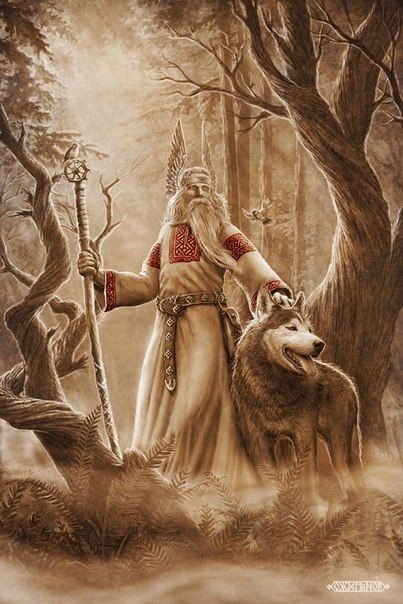
The terms divinity and divine - uncapitalized, and lacking the definite article - are sometimes used as to denote 'god(s) or certain other beings and entities which fall short of absolute Godhood but lie outside the human realm. Often the word takes the definite article and is capitalized - "the Divinity" - as though it were a proper name or definitive honorific.ĭivine - capitalized - may be used as an adjective to refer to the manifestations of such a Divinity or its powers: e.g. In monotheistic faiths, the word divinity is often used to refer to the singular God central to that faith. There are three distinct usages of divinity and divine in religious discourse: Note that while the terms demon and demonic are used in monotheistic faiths as antonyms to divine, they are in fact derived from the Greek word daimón (δαίμων), which itself translates as divinity. Pantheistic and polytheistic faiths make no such distinction gods and other beings of transcendent power often have complex, ignoble, or even irrational motivations for their acts. In monotheistic faiths there is an equivalent cohort of malefic supernatural beings and powers, such as demons, devils, afreet, etc., which are not conventionally referred to as divine demonic is often used instead. Divinity always carries connotations of goodness, beauty, beneficence, justice, and other positive, pro-social attributes. This power was then extended to prophets like Moses and Samuel, who caused thunderous storms to rain down on their enemies.

He is said to speak in thunder, and thunder is seen as a token of his anger. For instance, Jehovah is closely associated with storms and thunder throughout much of the Old Testament. Overlap occurs between these usages because deities or godly entities are often identical with or identified by the powers and forces that are credited to them - in many cases a deity is merely a power or force personified - and these powers and forces may then be extended or granted to mortal individuals.



 0 kommentar(er)
0 kommentar(er)
